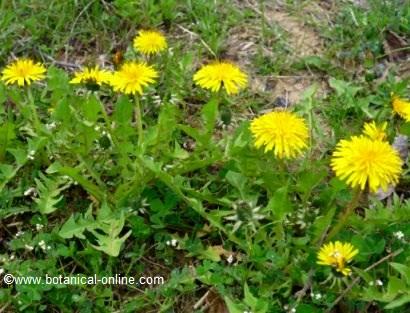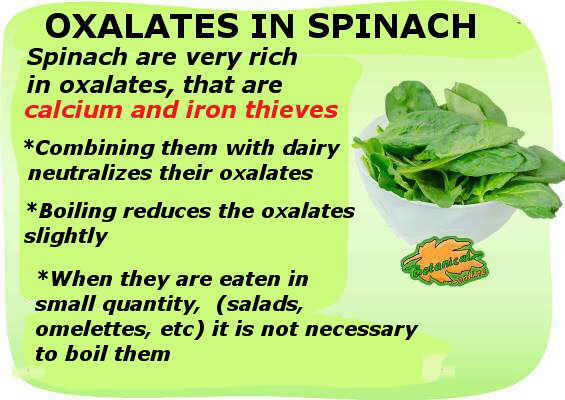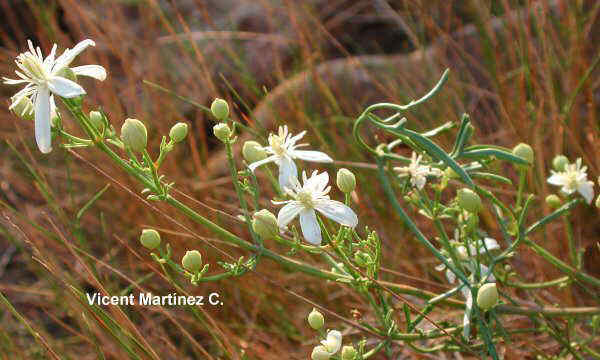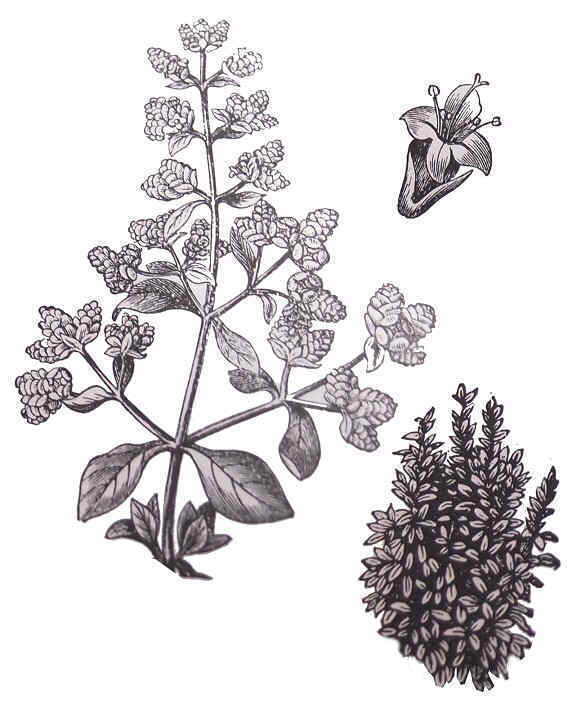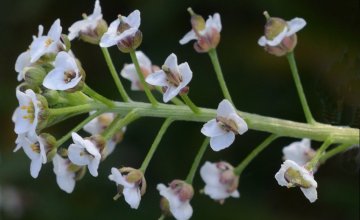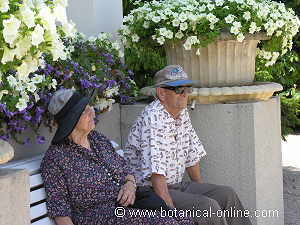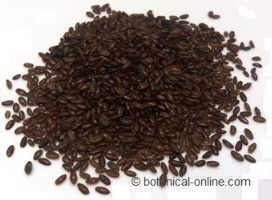Contents
- 1 Benefits of betacarotenes
- 1.1 Characteristics of carotenoids
- 1.2 Properties of carotenes. Antioxidant properties of beta- carotene
- 1.3 Carotenes and and smokers’ lung cancer
- 1.4 Other carotene curative properties
- 1.5 Betacarotenes, a natural source of vitamin A
- 1.6 WHERE CAN BETACAROTENE BE FOUND?
- 1.7 High-carotenoid containing food
- 1.8 Betacarotene supplements
- 1.9 Toxicity of beta-carotenes
- 2 MAIN FLAVONOIDS
Benefits of betacarotenes
Characteristics of carotenoids
Carotenoids are precursors of vitamin A. These yellow or orange pigments are produced by plants. Once ingested, they are converted in the liver and small intestine in vitamin A.
Properties of carotenes. Antioxidant properties of beta- carotene
Beta-carotenes, a type of carotenoids inside the carotenes, are antioxidant compounds that favor the non-appearance of cancer, especially lung, mouth and stomach cancers.
In addition to their preventive role, it has been shown how these principles can, moreover, inhibit the growth of cancer cells, including prostate cancer. Comparative studies have shown that the rate of cancers in people who perform a vegetarian diet, rich in beta carotene, is much lower than in non-vegetarians diet.
Carotenes and and smokers’ lung cancer
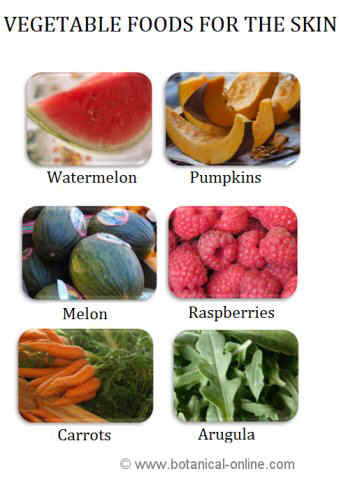
However it has been seen demonstrated that the use of supplements of carotenes may increase lung cancer among smokers, a process whose motives could not be demonstrated scientifically, although it is suspected that the lack of oxygen in the lungs of smokers may be the reason why beta-carotene behaves more like an oxidizer that an antioxidant.
This thought seems to be the more reasonable when someone takes into account that the same results are obtained by people who have inhaled asbestos particles that have led to a significant reduction in lung capacity.
However, the ingestion of carotenes through food has proved to be positive in both patients.
Other carotene curative properties
They have also been proven to prevent the occurrence of heart diseases. It seems that their antioxidant properties contribute to forming less deposits in the arteries, or promote circulation and prevent the formation of thrombus.
It has also been demonstrated that this component helps the immune system by increasing the number of lymphocytes, as has been seen in studies with patients suffering from AIDS, by increasing their response to antigens or foreign bodies that may harm these patients
Betacarotenes, a natural source of vitamin A
When vitamin A was discovered, it was thought that it could only be obtained from animal food, especially from liver and eggs. Later, it was discovered that it could be obtained from plant-food, through carotenoids, especially beta-carotene, found in many orange, red or yellow plant foods.
Vitamin A is considered an essential vitamin, whose daily dose was estimated at about 4000 – 5000 IU.
On the other hand a lack of this element causes night blindness, fatigue, skin or teeth in poor condition, easier to get infections. Vitamin A is necessary for the proper formation of bones and skin, for good vision, for the formation of red blood cells and to repair the injuries suffered by the body tissues. (More information about vitamin A).
WHERE CAN BETACAROTENE BE FOUND?
High-carotenoid containing food
Among all the vegetables containing betacarotene, we can point out:
- purslane (Spinacia oleracea H)
- carrot (Daucus carota L)
- watercress (Nasturtium officinale R. BR)
- borage (Borago officinalis L.)
- basil (Ocimum basilicum L.)
- pumpkin (Cucurbita pepo L.),
- tomato (Lycopersicon esculentum Miller)
- coriander (Coriandrum sativum L.),
- asparagus (Asparagus officinalis L .),
- dandelion (Taraxacum officinale Weber)
- chard (Beta vulgaris)
Betacarotene supplements
Beta-carotene can be ingested as supplements, with usual doses of 2-15 mg daily, taken in capsules or tablets.
Toxicity of beta-carotenes
An excess of carotene, from carotenoid containing foods, leads to a state of hipercarotenodermia, characterized by a yellowing of the skin, especially on the palms and soles of the feet, which is harmless and disappears without sequelae if you stop eating foods rich in carotenoids.
Taken from supplements, higher doses above about 25. 000 IU in a prolonged treatment can be toxic, causing hypervitaminosis, which manifests as muscle weakness, blurred vision, hair loss, poor condition of the skin, diarrhea… etc
This supplement should not be provided to smokers. Because of its interactions with other medicines it is advised to consult the doctor if you want to take beta-carotene supplements.
![]() More information on components of medicinal plants
More information on components of medicinal plants
MAIN FLAVONOIDS | ||
| Beta carotene | Alpha-carotene | Lycopene |
| Lutein / Zeaxanthin | Capsanthin | Catechins |
| Cryptoxanthin | Anthocyanins | Rutin |
| Quercetin | Hesperidin | Resveratrol |

